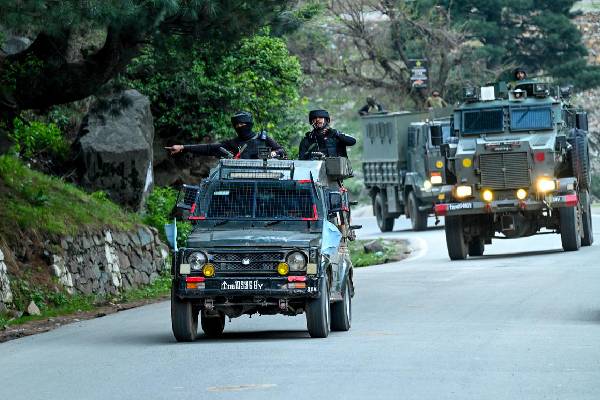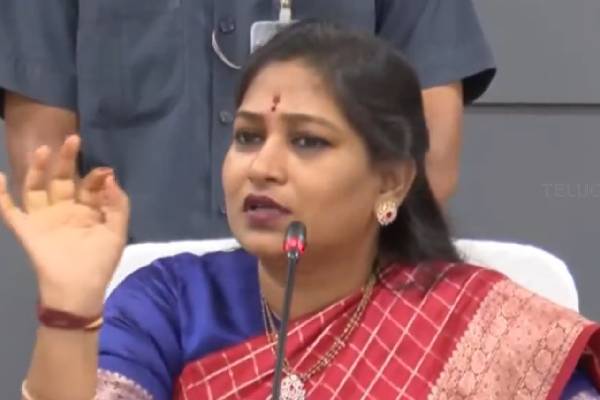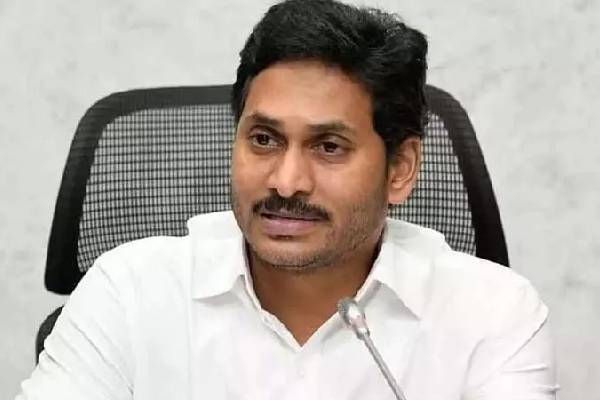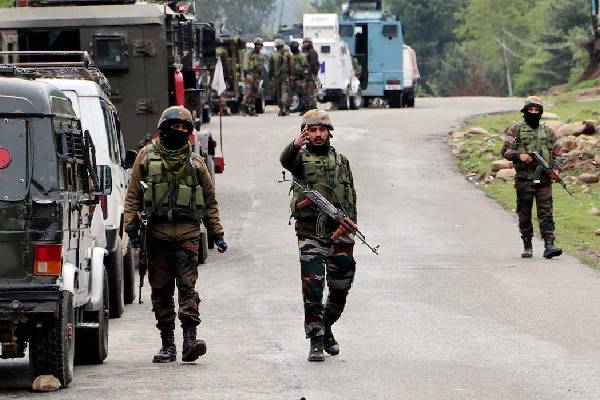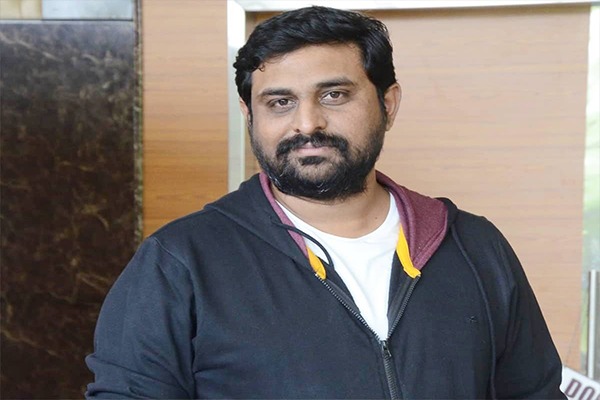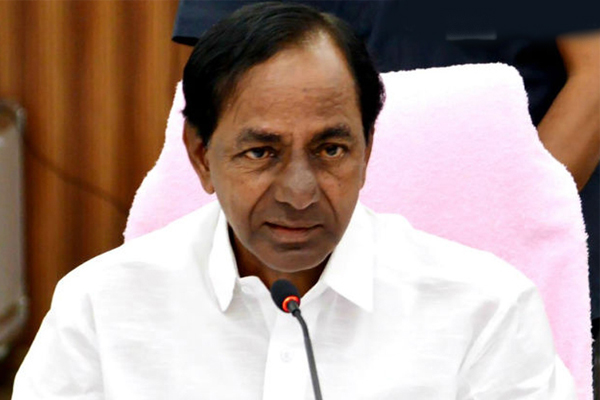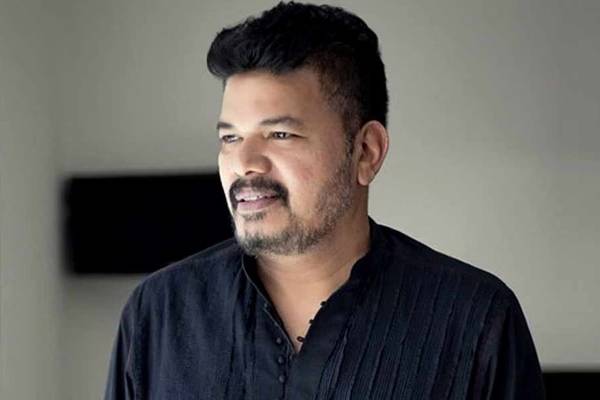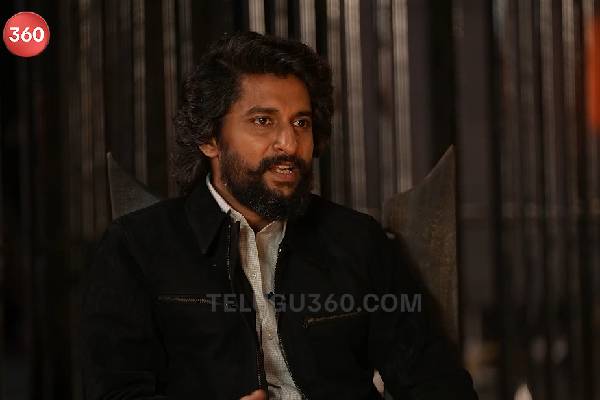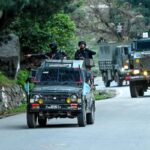The year 2019 was a mixed one for Telangana and its ruling party Telangana Rashtra Samithi (TRS).
TRS, which ended 2018 on a high note by retaining power with a landslide majority, suffered a few setbacks in 2019.
Chief Minister and TRS President K. Chandrashekhar Rao faced some tough challenges, but finally managed to overcome them.
The results of the Lok Sabha elections came as the biggest disappointment for Rao, who had mooted the idea of a Federal Front as an alternative to both the BJP and the Congress, and was eyeing a key role at the Centre.
BJP, with its record majority in the Lok Sabha, not only dashed all hopes of Rao, popularly known as KCR, but shocked the TRS by winning four seats in the state while the Congress also won three seats. TRS was expecting a clean sweep (16 seats for itself and one for its ally AIMIM).
KCR also suffered a personal setback as his daughter K. Kavitha lost to BJP’s D. Aravind from the Nizamabad Lok Sabha constituency.
However, barring the Lok Sabha polls, the TRS maintained its domination as it swept polls in village, ‘mandal’ and district level local bodies besides wresting an Assembly seat from the Congress.
KCR, who took over as Chief Minister for the second term in December 2018, expanded the two-member cabinet in February by inducting 10 ministers. However, it was only in September that KCR brought back his son K. T. Rama Rao and nephew T. Harish Rao into the cabinet.
For the first time since the creation of Telangana state, KCR gave representation to women in the cabinet by inducting two female ministers.
KCR virtually decimated the opposition as 12 out of 19 MLAs of the Congress defected to the TRS and merged with the ruling party. This resulted in Congress losing the status of main opposition in the 119-member Telangana Assembly. TRS’ tally crossed 100 as three other MLAs also joined the party.
TRS also wrested Huzurnagar from the Congress in the by-election held in October. The ruling party won the by-election with a huge majority of 43,358 votes. The bypoll was necessitated by the resignation of state Congress chief Uttam Kumar Reddy following his election to the Lok Sabha.
Earlier in June, KCR dedicated Kaleshwaram to the nation, which is billed as the world’s largest multi-stage, multi-purpose lift irrigation project.
Built across the Godavari river, the project will lift water to a height of half a kilometre. It is designed to irrigate 45 lakh acres for two crops in a year, meet the drinking water requirements of 70 per cent of the state and also cater to the needs of the industry.
The inauguration of this project, built at a cost of over Rs 80,000 crore, was a major step by India’s youngest state towards achieving the goal of ‘Bangaru’ Telangana or golden Telangana by irrigating one crore acres of land.
The spate of suicides by Intermediate students (11th and 12th standard) in April over goof-ups by authorities posed the first major challenge to the TRS in its second term.
As many as 23 students ended their lives due to the bungling by the Board of Intermediate Education in evaluation of answer sheets and processing the results.
This triggered a huge public outcry and massive protests by opposition parties and student bodies.
KCR later announced free re-verification of answer sheets of all failed students. Following re-verification of answer sheets, 1,137 students, who were earlier declared “failed”, cleared the exams.
The biggest challenge to KCR came in October when nearly 50,000 employees of Telangana State Road Transport Corporation (TSRTC) went on strike to press for their demands, including the transport body’s merger with the government.
Irked over the attitude of the employees, KCR rejected their demands and ordered them to return to duty. When they refused, the Chief Minister declared that they have lost their jobs.
The strike received support from all opposition parties and several mass organisations. For the first time in five years, KCR was facing a united opposition.
The threat by the TSRTC union leaders to create a political crisis further angered KCR, who refused to bow down and even announced privatisation of half of TSRTC fleet.
Five distressed employees committed suicide while about 20 others died of cardiac arrest. Though the employees finally called off their nearly two-month long strike, KCR refused to take them back. After they spent four anxious days, he finally offered them the olive branch but succeeded in isolating the union leaders.
The TRS government received a jolt in September when the High Court directed it not to demolish Errum Manzil, a heritage structure, for the construction of a new Assembly building.
KCR had laid the foundation stone for the new legislature complex to be built at a cost of Rs 100 crore. However, on petitions filed by heritage activists and concerned citizens, the court struck down the decision of the state cabinet to demolish Errum Manzil to build the legislature complex.
During the year, Hyderabad continued to attract new investments with global tech giants expanding their presence in the city.
US-based e-commerce giant Amazon opened its largest office building in the world in Hyderabad while Chinese smartphone maker OnePlus also launched its largest R&D centre in the city. US-based tech giant Intel on Monday unveiled its new design and engineering centre in Hyderabad.
The tech hub, however, was rudely jolted by the gruesome gang-rape and murder of a woman veterinarian in November. The incident, which triggered national outrage, threatened to dent Hyderabad’s brand image as the police also came under criticism for the manner in which it handled the missing complaint from the victim’s family.
However, the police gunned down all four accused in the case on December 6 in an alleged exchange of fire. The police received both bouquets and brickbats for its action.
While many people hailed the police for ensuring instant justice, rights groups voiced concern over the ‘extra-judicial killings’ and knocked on the doors of the Supreme Court, which constituted a judicial commission to probe the incident.





















